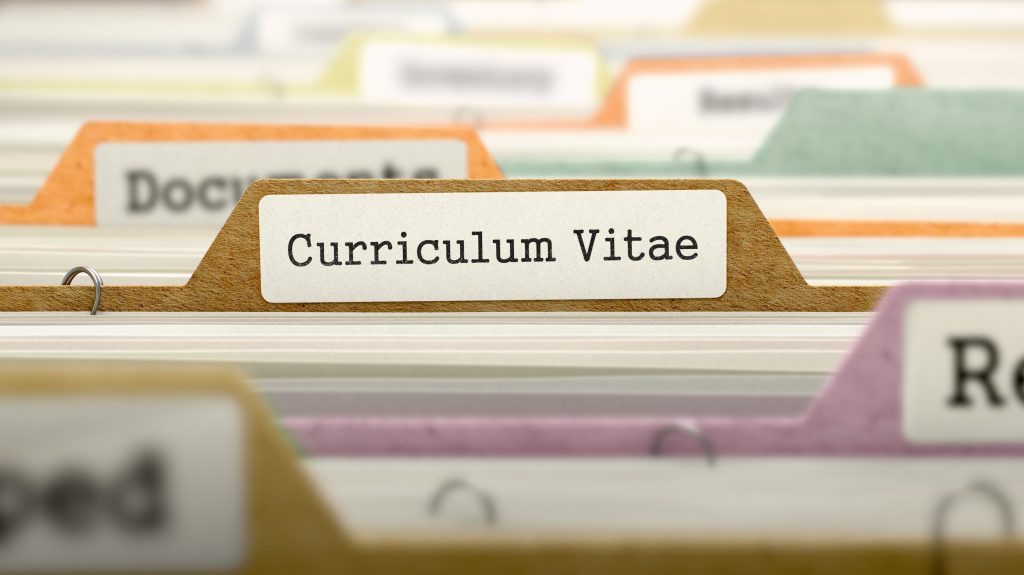Checking candidate CVs is a tough job. For one role, you can end up with hundreds of applications, and wading through them isn’t easy. When you have cover letters to look over too, there’s even more to check before you can find the right candidates to invite for an interview. Fortunately, there are plenty of techniques you can use to comb through CVs and narrow down the most promising ones.
Scan for Typos and Spelling and Grammar Mistakes
Not everyone can be a good speller or a grammar genius all the time. We can accept that people make mistakes and that some struggle with the rules of spelling and grammar. However, when submitting a professional CV, there’s no excuse. Candidates should use spell checking tools and get someone else to check their application. If there are lots of mistakes, it’s likely just a sign that they’re being lazy.
Check That the Application Has Been Tailored to the Role
When applying for jobs, many people can have the tendency to simply create one CV and send it off to all potential employers and recruitment agencies. While it’s a fast way to apply for jobs, it’s not exactly a successful one. When they have taken the time to tailor their CV to the role, you can see that they care about the opportunity and are doing what they can to get noticed.
Look for Interesting Language
Writing a CV can be tough, so a lot of candidates end up falling back on cliches. The problem is that these stock words and phrases often don’t mean much of anything. Look out for things like “hard-working”, “passionate” and other language that doesn’t really say anything. You would hope that everyone who applies is hard-working, so if it’s all a candidate can come up with, they might not have much going for them.
Compare the Job Description to the CV
Of course, you need to make sure that the candidate has paid attention to the job description and has demonstrated how they meet the requirements. When you’re assessing a CV, look at it side-by-side with the job description to check for how they match up. It should be clear how they fulfil the requirements, from qualifications to experience.
Check for Gaps in Work History
Many people can have short or even long gaps in their work history. A gap isn’t the end of the world and can often have a clear explanation, but it’s definitely something that you want to take note of. Don’t let a gap in someone’s work history make you dismiss them completely, but be prepared to ask them about it should you choose to offer them an interview.
Look for Evidence
When you’re reading through a CV and cover letter, keep looking for evidence of any points that the applicant makes. This helps you to make sure they’re not just using cliched language or repeating empty words and phrases. If they say they have certain skills, qualities or experience, check that they have backed them up with real evidence.
There’s a lot to consider when you’re looking at a candidate’s CV but, once you’ve started, you can easily get into the swing of it.

